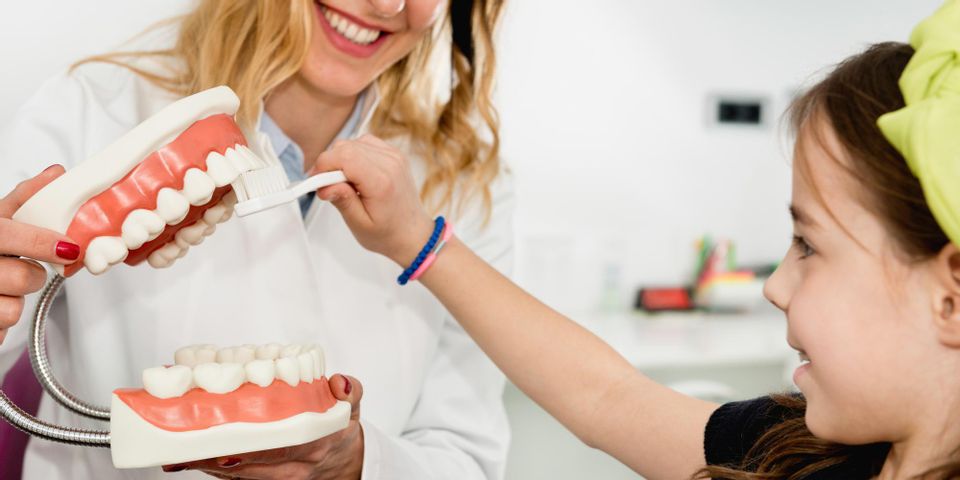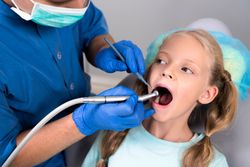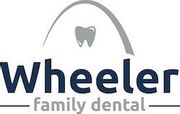
Halitosis, or chronic bad breath, is a condition that can affect both adults and children. Dealing with this issue can lead people to become self-conscious about their oral health. Fortunately, treatments are usually accessible and straightforward, allowing youngsters to banish bad breath. Learn more about halitosis, including its causes, risks, and treatment options, which you can implement with the help of your dentist.
What is Halitosis?
Causes
Bad breath typically occurs when a child first wakes up. A decrease in saliva production when your child sleeps causes a buildup of odor-causing bacteria. Fortunately, brushing teeth, drinking, or eating quickly eliminates the bacteria and the bad breath that comes with it.
 When halitosis occurs outside of this period, its cause is worth investigating because it may exist due to an underlying medical or dental condition. One possible cause is poor dental hygiene habits. If a child is not adequately brushing and flossing every day, bad breath can occur. Poor brushing habits mean food particles stay in the mouth, and, over time, those particles start to deteriorate and create an odor, causing bad breath.
When halitosis occurs outside of this period, its cause is worth investigating because it may exist due to an underlying medical or dental condition. One possible cause is poor dental hygiene habits. If a child is not adequately brushing and flossing every day, bad breath can occur. Poor brushing habits mean food particles stay in the mouth, and, over time, those particles start to deteriorate and create an odor, causing bad breath.
Another cause is diet. Some foods are notorious for causing bad breath, including onions, garlic, and certain types of cheeses. An extremely high-protein diet can also contribute to bad breath because as the body breaks down protein, it produces ammonia, which has a distinct smell. Dehydration, which is caused by not taking in enough water, can affect your child’s breath as well. That’s because a dehydrated mouth doesn’t produce enough saliva to cleanse the pallet of the bacteria that causes bad breath.
Occasionally, halitosis is connected to underlying medical conditions in children. For instance, tonsil stones, post-nasal drainage, chronic sinusitis, and inflammation of adenoids can contribute to bad breath in kids. In some children, diabetes and kidney or liver problems can also lead to bad breath. If your child drinks enough water, has good dental hygiene habits, but still has bad breath, consider talking to your pediatrician about possible medical causes for this condition.
Treatments
Since many childhood cases of halitosis are associated with dental hygiene, improving these habits can eliminate bad breath. Ensure kids floss after brushing to remove those unseen food particles that can contribute to halitosis. Schedule regular checkups with your dentist as well to keep your children’s teeth in good condition. If proper dental hygiene doesn’t improve the bad breath, visit a pediatrician to investigate any potential medical issues that may be causing it.
If your child has halitosis, visit Wheeler Family Dental, a family-oriented office serving the Chesterfield, MO, area. Patients enjoy compassionate, comprehensive care from a dentist and staff skilled in handling all aspects of care. Plus, the team creates a comfortable and welcoming environment for patients with dental anxiety. To schedule an appointment, call (314) 576-3737, or learn more about available treatments on the website.
About the Business
Have a question? Ask the experts!
Send your question

